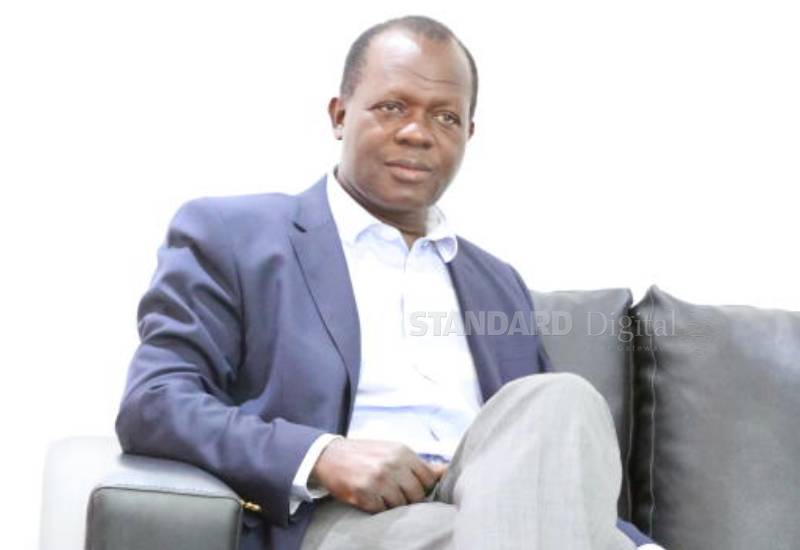×
The Standard e-Paper
Smart Minds Choose Us

“The earliest we can do an interview,” texted Stephen Mwanga, Raphael Tuju’s PA, who doubles up as Jubilee Party’s regional coordinator for Nairobi, “is at 3pm in Karen.”
Moments later, he followed up with a call. “Meet me at the Shell (petrol station) at Karen Shopping Centre at 20 minutes to 3pm.”